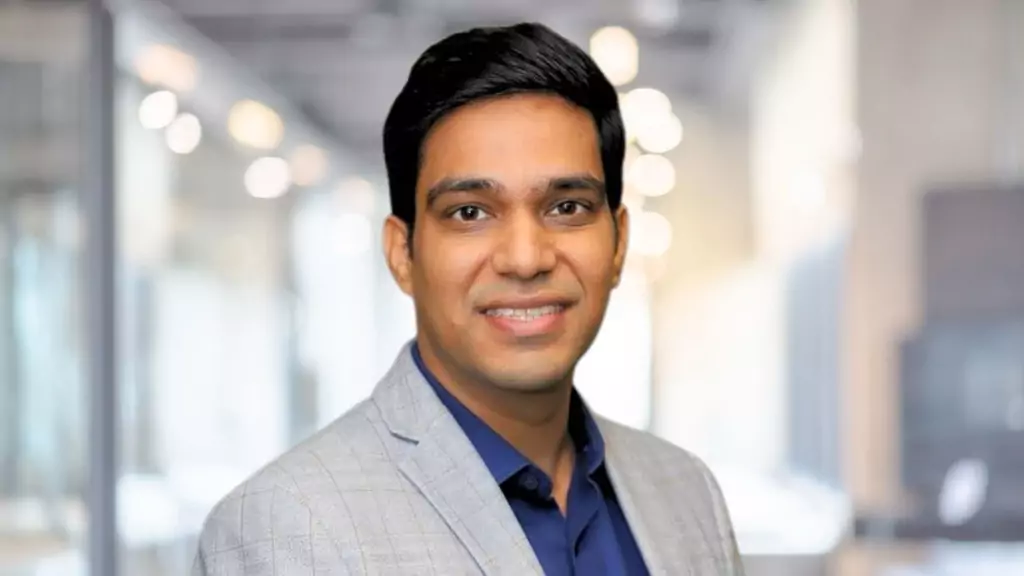Ram Khandelwal
A survivor who turned his heart disease diagnosis into a mission of hope for millions.

Ram Khandelwal is a heart patient advocate driven by both personal experience as a heart attack survivor at the age of 33 and global expertise in public sector consulting. As the Founder & CEO of Heart Health India Foundation (HHIF), he has built a nationwide heart health movement advocating for awareness, patient support, and policy change. Ram is a ‘Heart Hero’ for the World Heart Federation, marking World Heart Day, nominated by Amgen.
Our latest Heart Hero, describes his journey with heart disease and shares hope with patients and caregivers around the world. Join Ram and the millions signing the petition for better heart health now.
What treatment did you have to adhere to?
I underwent two angioplasty procedures and had three stents placed. Since December 2019, I’ve been on a daily regimen of lipid-lowering therapy, a beta-blocker and a blood thinner.
Over time, I made it a habit to learn more about my condition — reading about heart disease, metabolic disorders, and preventive care. Asking questions became second nature; I wanted to understand what was happening inside my body. That curiosity turned into awareness, and awareness into discipline. It helped me take charge of my own health, one step at a time.
What lifestyle changes did you make?
I started exercising regularly — at least five days a week for about 30 minutes, alternating between walking, cycling, yoga, and light sports. I follow an intermittent fasting pattern (12–16-hour window) and prefer simple, home-cooked meals made with care — less oily, less salty, less sugary, and more wholesome.
Meditation, has been life-changing. It brought stillness and clarity. I began moving more — taking calls while walking, using a standing desk, spending time outdoors, and reducing screen time. Reconnecting with nature and people through genuine conversations became my therapy. Those small acts brought immense peace and balance.
Was it difficult to stay disciplined?
Discipline was never easy at first — staying motivated and juggling priorities made it hard. But after a couple of years, the routine became my comfort zone. I no longer force myself to exercise, eat clean, or sleep on time — it feels natural now.
Reading self-help, psychology, spirituality, and biographies helped immensely. Journaling and reflection became anchors. I learned to ask why before how, and that shift brought peace. Discipline turned from a task into a ritual — something that keeps me grounded.
What was family and community support like?
My family has been my biggest strength. After my heart episode, health became everyone’s top priority — nothing else took precedence. My wife, Aditi, has been my constant motivator; she builds our routines around my health goals. My son became my reason to live longer — I promised myself that I’ll live to 100 and be there for him in every phase of life.
Our patient community, too, became like an extended family. We support and celebrate each other’s smallest wins. I realised that hospitals and doctors focus mainly on emergencies and treatment — but 99% of a patient’s journey happens outside that space. That’s where community truly matters. From peer support and mental health to adherence, education, and trust — the collective power of patients is incredible. It heals in ways medicine alone can’t.
Can you talk about the psychological toll of heart disease and surgical intervention?
The months after my heart attack were the toughest. Sleeplessness, anxiety, and uncertainty became constant companions. I had spent years building a career in consulting, and suddenly, everything felt meaningless. I questioned what success really meant — was I chasing the wrong things? Did I value money more than time?
That period forced deep introspection. Slowly, through therapy, reading, and community interaction, I started rebuilding my identity — not as a patient, but as a person with purpose. The experience humbled me and reshaped my priorities.
Anything else you want to emphasise?
We live in a world that often treats prevention as an afterthought, when it should be our first line of defense. Awareness, education, and early screening can save lives — yet we wait for a crisis to act.
Heart disease doesn’t start overnight; it builds silently over years through habits and genes. Prevention should be woven into our education and culture — because understanding your risks early can mean the difference between life and loss.
My message is simple: Don’t wait for a heart attack to start caring for your heart. Know your numbers, stay active, eat mindfully, and get tested regularly. Prevention isn’t a privilege — it’s a responsibility.